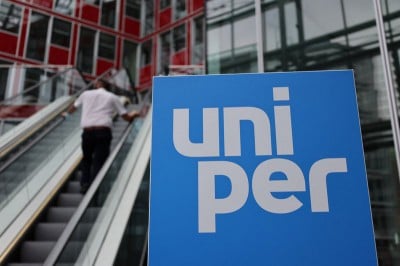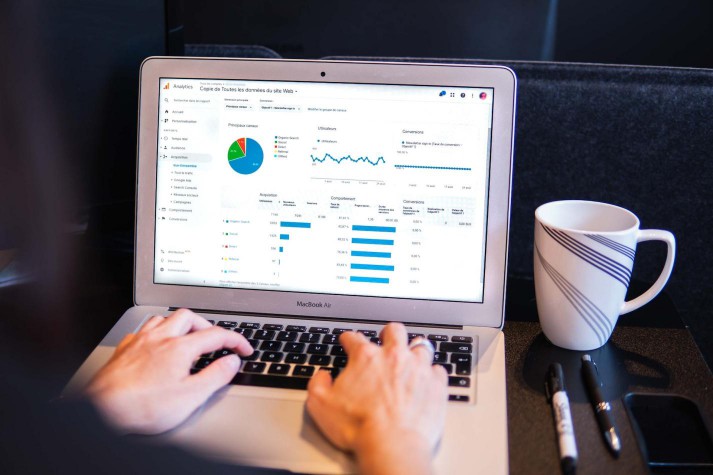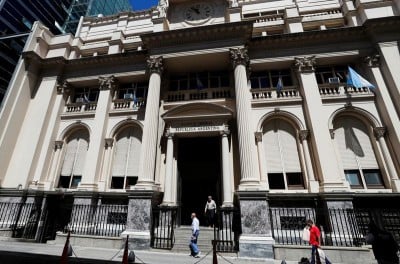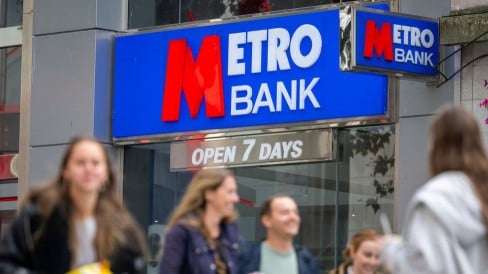The foreign exchange market, known as Forex or FX, is a market for buying and selling currencies worldwide. Investors may buy in this market. Although it is the biggest financial market, the vast majority of individual investors have never dabbled in it. This is partly because the market is very speculative and complicated.
Investors are best served by maintaining a level of reasonable anxiety. Most investment portfolios do not have room for active trading methods and complicated investment products. Financial consultants often and strongly advocate investing in low-cost index funds when preparing for long-term objectives like retirement.
On the other hand, you already have a diversified investment portfolio and are seeking something exciting to do with the spare cash you have. Forex trading may be rewarded with just a little initial commitment required, provided that you know what you are doing and take them to heart.
Understanding Forex Trading
Engaging in forex trading might be difficult to put one's mind around. The operation follows: Trading currencies usually takes place in pairs, such as the Euro and the dollar from the United States. When forex is in foreign exchange, you must constantly buy one currency and sell another.
The rise and fall of currencies occur at varying rates (for instance, the value of the Euro may increase while the dollar's value decreases). These fluctuations are caused by geopolitical or economic reasons such as natural catastrophes or elections. Based on the aforementioned circumstances, you can assume that the value of a connected currency, such as the Euro, would increase. After that, you could sell your US Dollars and buy Euros. You would come out ahead financially if your forecast came true and the value of the Euro did go up.
Bid and Ask Prices
The bid and ask prices are essential components of a currency quotation, just as they are in stock trading. They, too, are linked to the cash that serves as the foundation of the game, and they may be a little confusing since they indicate the dealer's position rather than your own. Price at which you can sell base currency is referred to as bid price; this is rate at which dealer will "bid," or pay, for it. The rate at which you buy the base currency is the asking price. This is the rate at which the dealer is willing to sell it, also known as the price at which the dealer "asks" for it.

- The asking price gives you information about how many units of the base currency (in this case, USD) are required to buy one unit of the counter currency (EUR).
- When you sell one unit of the base currency, the bid price will inform you how much of the counter money you can buy with that amount.
- The spread refers to the difference between these two prices, calculated by subtracting the asking price from the bid price.
The bid and ask are commonly shown in the form EUR/USD bid/ask, with the ask being denoted by merely the last two digits of the bid price. For instance, if you see EUR/USD quoted as 1.12044/57, the bid price is 1.12044, and the asking price is 1.12057. You would be able to sell one Euro for $1.12044.
The asking price is always higher than the bid price, and an investor will do better when there is less of a gap between the two prices. By increasing the offer price, many brokers add a markup, often known as widening the gap. Instead of charging a standard trade fee, they keep the additional profit for themselves. The final important thing to remember when it comes to pricing is that the spread, profits, and losses are all quantified in a unit called a pip.
How Forex Investors Can Earn Money (And Lose It)
Forex trading may be fraught with peril, as was mentioned at the outset of this article. You are assuming that the item you buy will increase in value over time. In foreign exchange, you want the value of the currency you're purchasing to increase compared to the value of the currency you're selling. If you invested in a small lot of a currency and that currency went up in value by one pip, the value of your investment would increase by $1. Your investment would be worth $1 less for every point, or pip, that it loses.
This is easily understood; after all, whether you are purchasing a house or the Euro, you want the item you buy to have a value greater than the amount you paid for it. The leverage that was discussed previously is when things start to become complicated.







